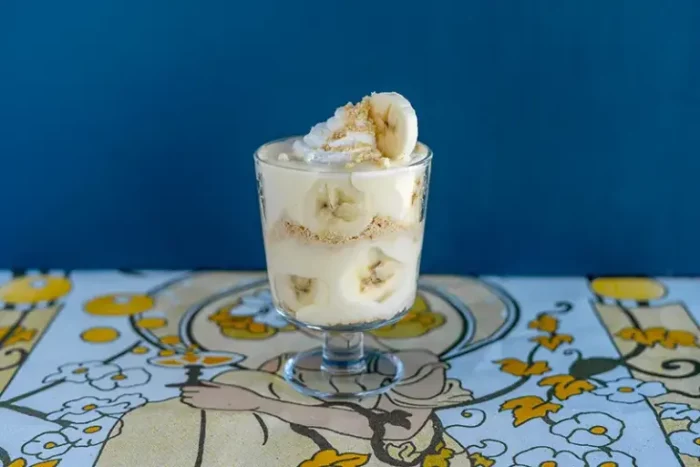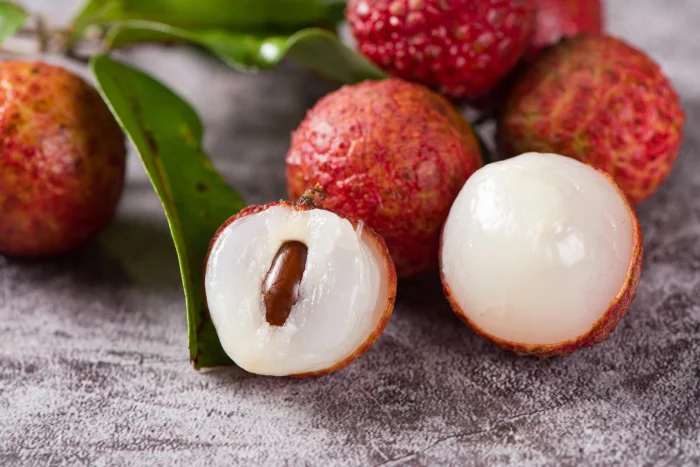Tea has long been synonymous with British culture—a drink woven into the fabric of daily life for centuries. It’s the go-to solution in moments of crisis, a gesture of hospitality, and the start of many people’s mornings.
The comforting phrase, “Fancy a cuppa?” has long been music to British ears. Yet, for some of the younger generation, this classic tradition appears to be losing its charm.
Shifting Tastes Among the Young
Gillie Owen, a 20-year-old student from London, views tea as outdated. “I suppose there’s kind of an association with tea as an old person’s drink,” he says, noting that he and his peers prefer water or diet soda.
For Layba, also 20, tea has never been appealing. “I just think it tastes really off, like, really weird,” she says. While her parents remain avid tea drinkers, Layba’s disdain highlights a growing generational divide.
So, is Britain falling out of love with tea, or is this merely a shift in preferences?
The Decline of Traditional Tea
Last week, Typhoo Tea, a 120-year-old British institution, faced collapse following a drop in sales. The struggling company was rescued by Supreme, a vape manufacturer, whose CEO, Sandy Chadha, recognizes the challenge of appealing to younger consumers.
“The tea market is in decline,” Chadha said, adding that Supreme plans to innovate with products like iced tea and health-focused beverages.
Statistics underscore this trend. Tea sales volumes have dropped by 4.3% over the past two years, according to NielsenIQ, while Mintel’s recent survey revealed that less than half of Britons—48%—now drink tea daily.
The Rise of Alternatives
Kiti Soininen, a food and drink researcher at Mintel, attributes tea’s struggles to competition from alternatives like fruit, herbal, green, and specialty black teas.
Dylan, a 21-year-old student, represents this shift.
He prefers caffeine-free options like Redbush tea, drinking far less tea than his parents. Shayma, 18, leans toward herbal teas, while many of her friends choose coffee. “There are so many drinks now,” she explains, admitting she’s unfamiliar with legacy brands like Typhoo.
Coffee’s dominance further underscores tea’s
challenges. In 2023, sales of standard tea amounted to £377 million, significantly trailing instant coffee’s nearly £1 billion in revenue. Ready-to-drink coffee is growing rapidly, with sales more than doubling in the past five years.
Polina Jones of NielsenIQ believes tea isn’t being abandoned outright but notes the growing allure of bubble tea, kombucha, and energy drinks among younger consumers. To compete, she argues, traditional tea brands must innovate. Twinings, for example, now offers canned sparkling tea, while bottled kombucha appeals to younger shoppers seeking convenience.
A Changing Market
Supreme’s acquisition of Typhoo includes herbal tea brands like Heath & Heather and London Fruit & Herb Company, as well as specialty tea label Ridgways. Analyst Susannah Streeter suggests these could align with wellness products already in Supreme’s portfolio.
The broader tea market also faces economic pressures. Rising costs mean consumers are purchasing in smaller quantities. Government data shows the average household’s weekly tea consumption dropped from 68 grams (around 30 tea bags) per person in 1974 to just 19 grams (about 10 tea bags) in 2023.
Breakfast Tea’s Last Stand
Black tea remains a morning staple across all age groups, but younger consumers are far less likely to drink it later in the day. Mintel’s Soininen warns this trend could erode the market’s future as these younger habits persist into adulthood.
As one BBC reader commented on Typhoo’s financial woes: “You know things are bad when a tea company in the UK goes bust.”
If Britain’s tea tradition is to survive, it may need to adapt to the preferences of a changing generation.
Related topics
























